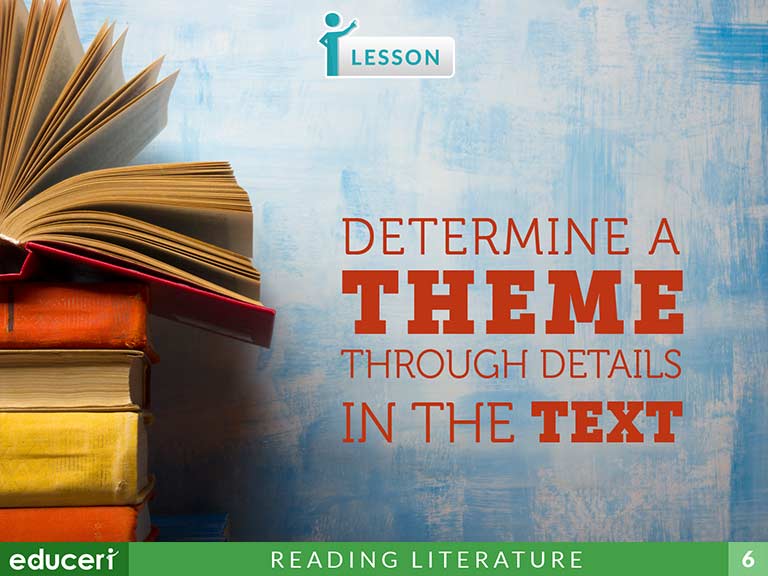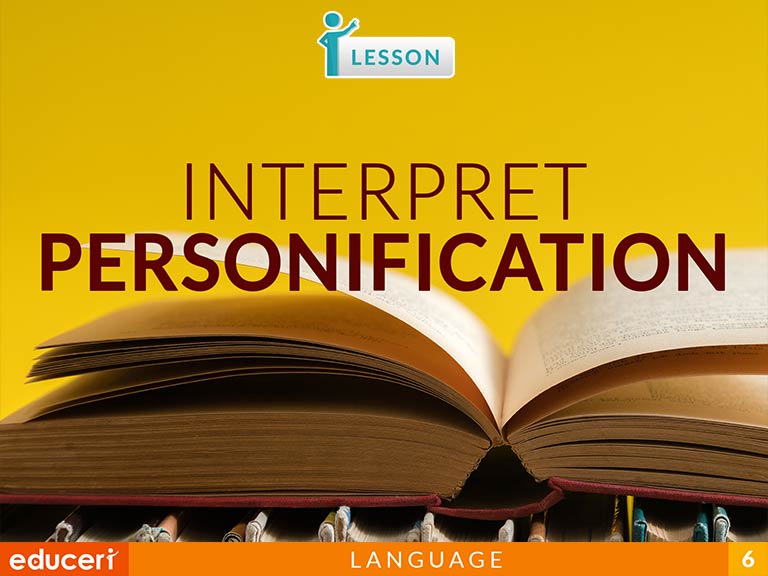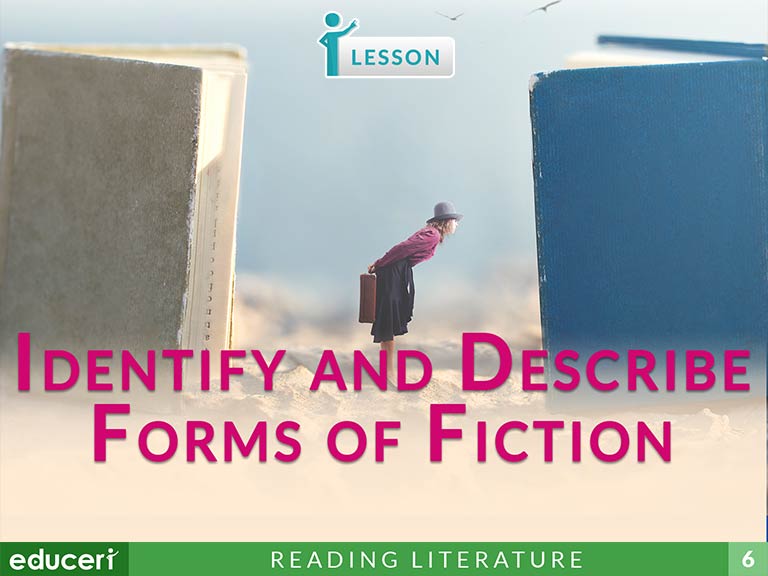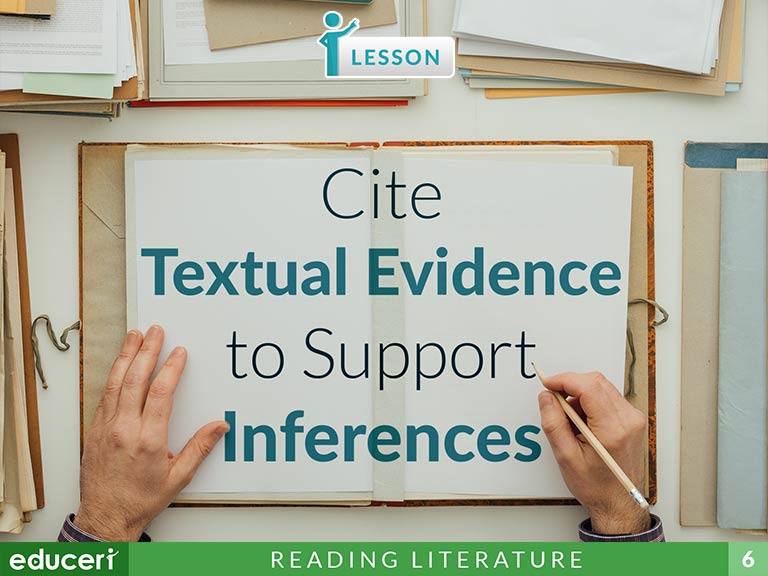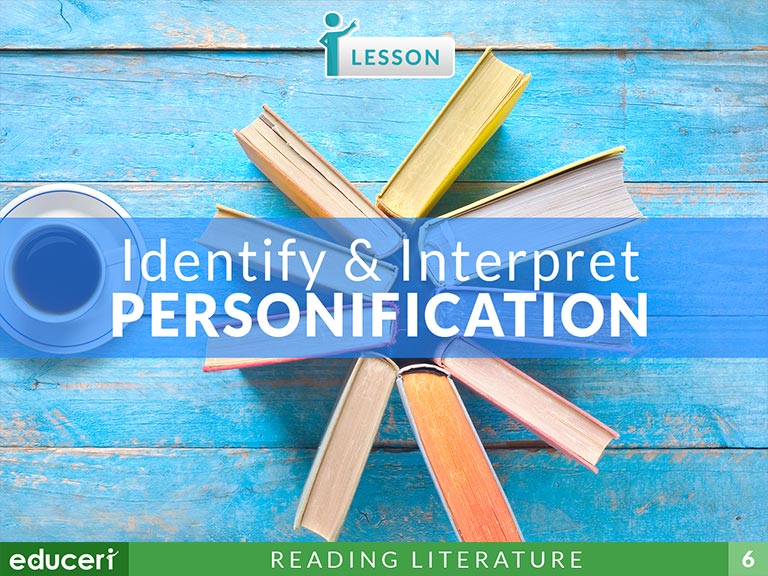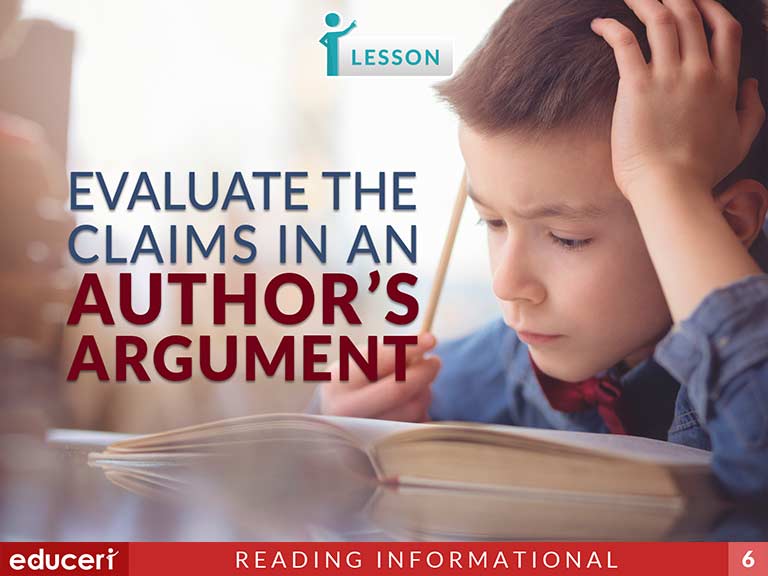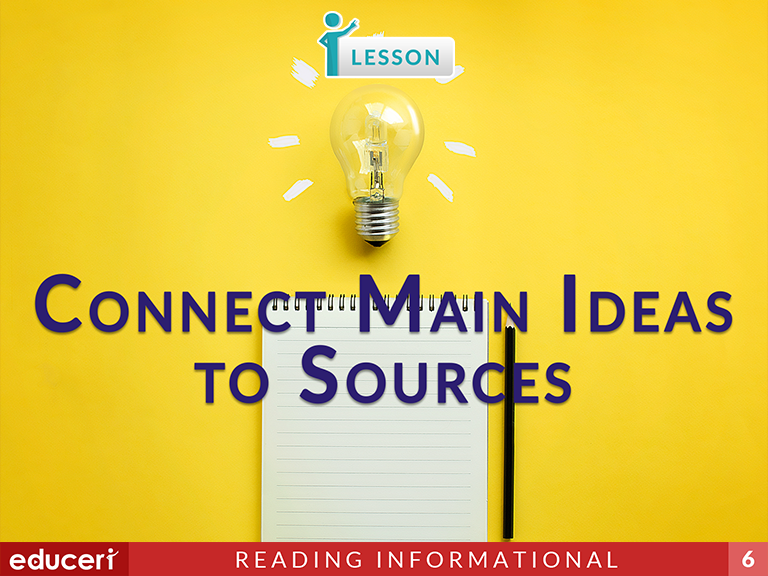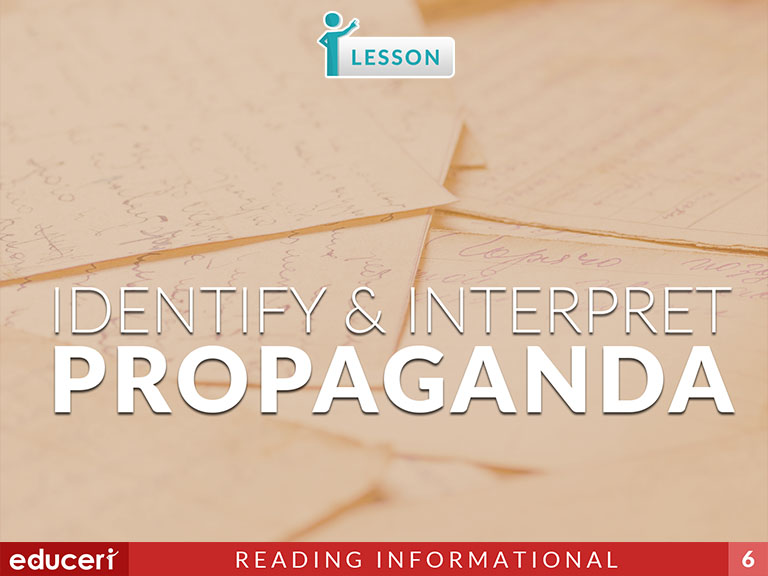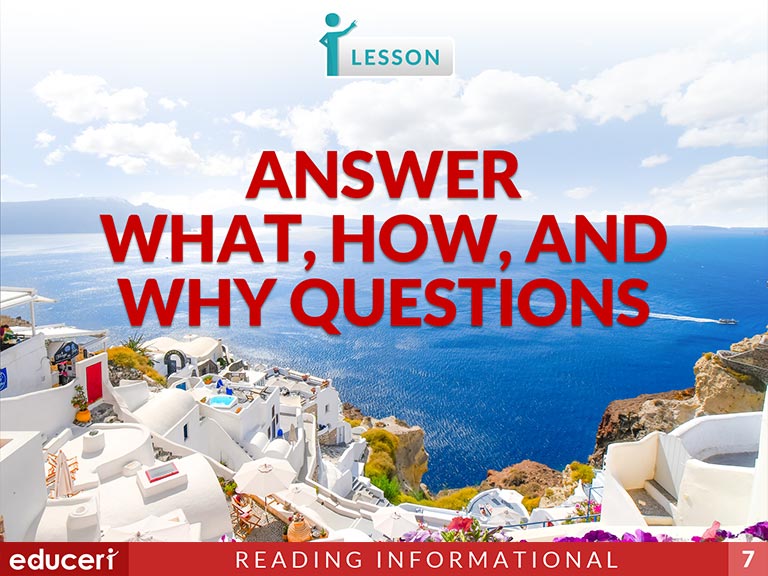All Lessons
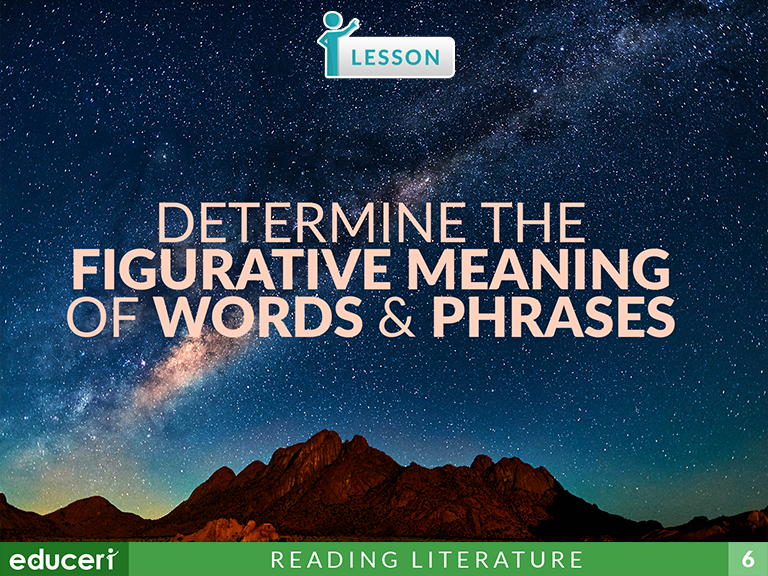
Determine the Figurative Meaning of Words and Phrases
This reading literature lesson covers how to determine the figurative meaning of words and phrases (not types of figurative language). The lesson includes research-based strategies and strategic questions that prepare students for assessments. In this lesson, students will learn how to use context clues from literary passages to help explain the figurative meaning of specific words and phrases.
Share This Lesson
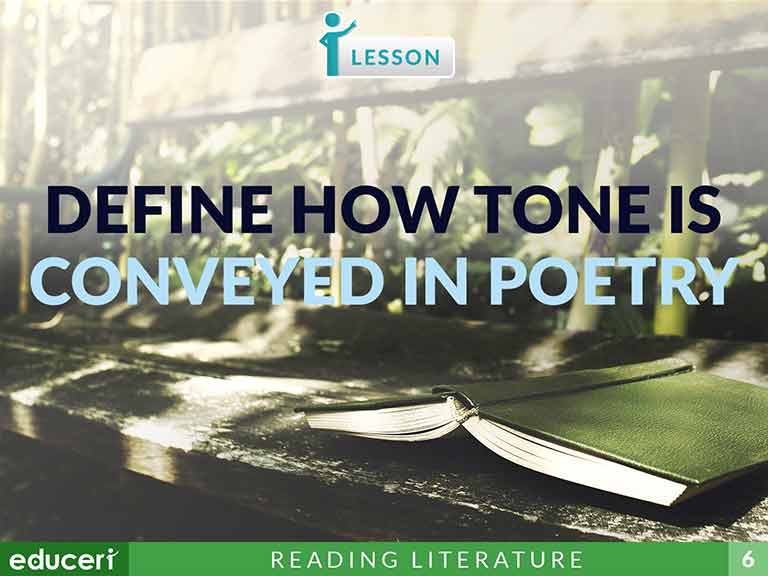
Define how Tone is Conveyed in Poetry
RL.6.4 Determine the meaning of words and phrases as they are used in a text, including figurative and connotative meanings; analyze the impact of a specific word choice on meaning and tone
RL.6.10RL.6.10 By the end of the year, read and comprehend literature, including stories, dramas, and poems, in the grades 6-8 text complexity band proficiently, with scaffolding as needed at the high end of the range.
Share This Lesson
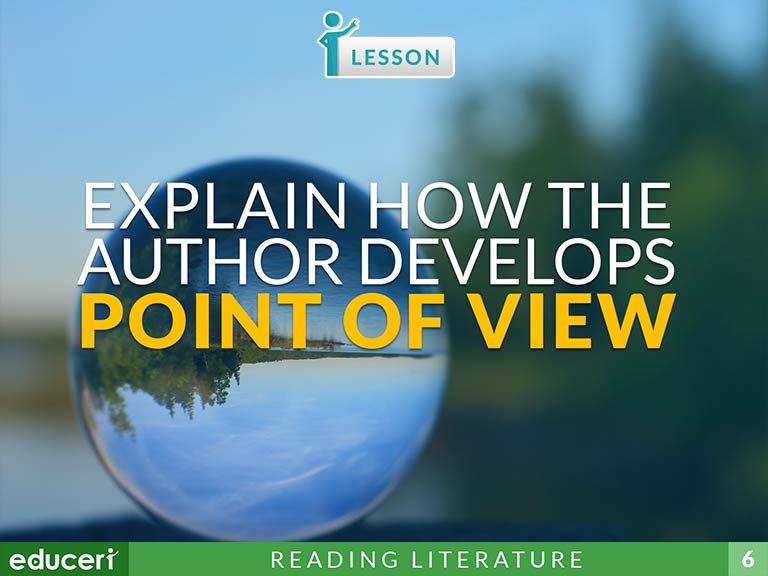
Explain How the Author Develops Point of View
This literary response and analysis lesson focuses on contrasting points of view. The lesson includes research-based strategies and strategic questions that prepare students for assessments. In this lesson, students read a passage and identify who is telling the story and their point of view (1st person, 3rd person). Then, if the narrator is 3rd person, students scan the text again identifying key words that signal whether the narrator is 3rd person omniscient or limited. In addition to the lesson, there are eight pages of Independent Practice and review with questions modeled after current adaptive testing items.
Share This Lesson
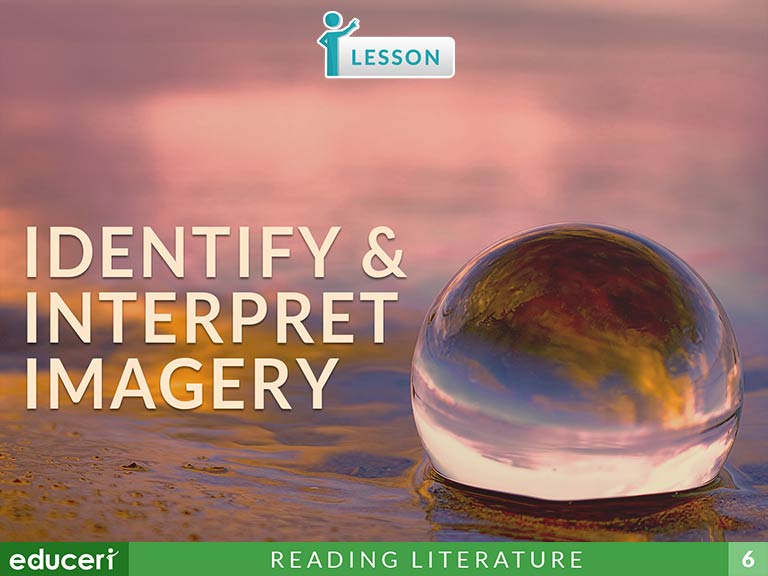
Identify & Interpret Imagery
This language lesson covers how to identify imagery, and then interpret the author's purpose in using imagery. The lesson includes research-based strategies and strategic questions that prepare students for assessments.
Share This Lesson
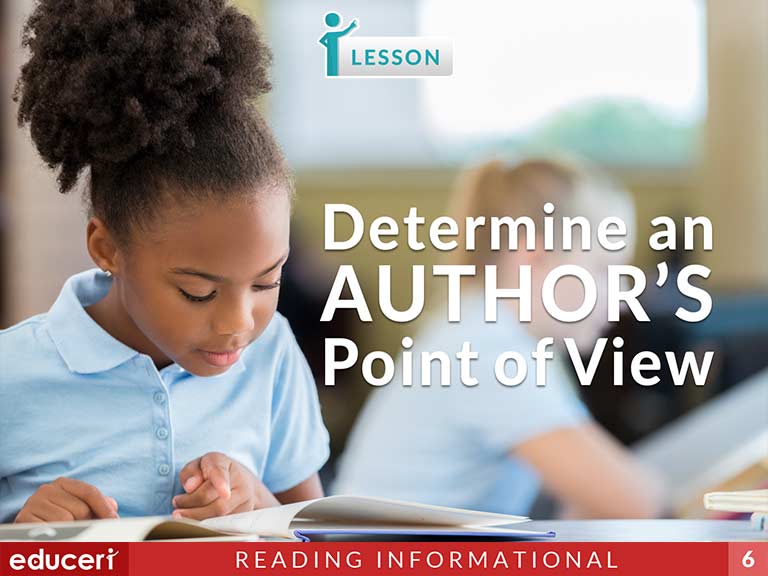
Determine an Author's Point of View
This reading informational text lesson covers how to determine an author’s point of view. The lesson includes research-based strategies and strategic questions that prepare students for assessments. In this lesson, students will identify words or details in the text that convey the author’s point of view on a topic. Then, they will write a brief explanation justifying their understanding.
Share This Lesson
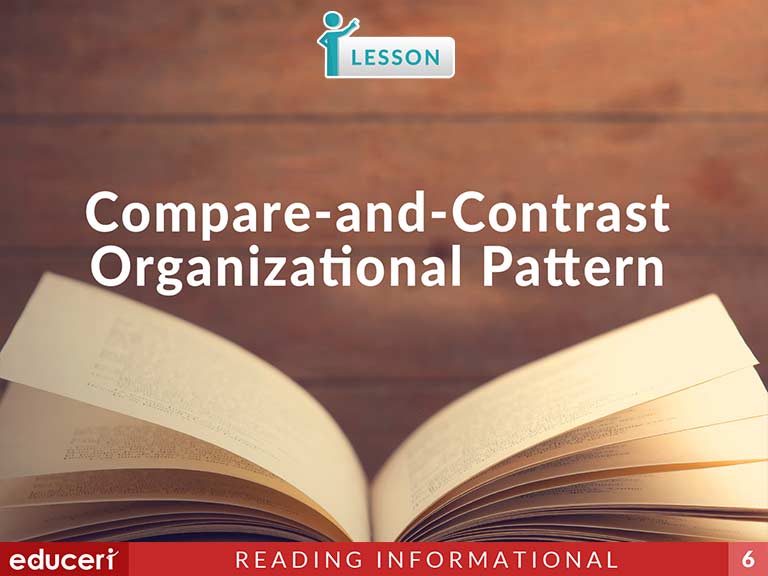
Analyze Compare-and-Contrast Text Organization
This reading informational lesson focuses on analyzing text that uses the compare-and-contrast organizational pattern. The lesson includes research-based strategies and strategic questions that prepare students for assessments. In this lesson, students use a graphic organizer to sort details from a passage to determine if they are comparing or contrasting information from the passage. In addition to the lesson, there are four pages of Independent Practice and review with questions modeled after current adaptive testing items.
Share This Lesson
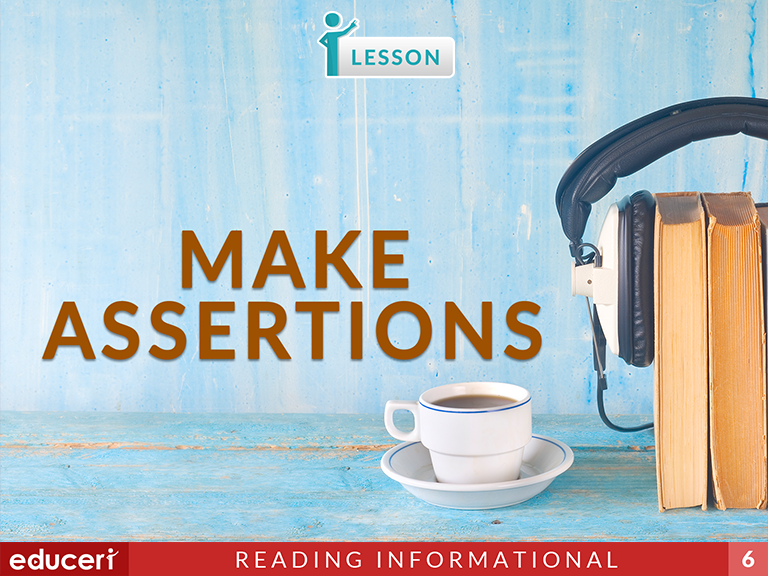
Make Assertions
This reading comprehension lesson focuses on making reasonable assertions about text through accurate supporting citations. The lesson includes research-based strategies and strategic questions that prepare students for assessments. In this lesson, students read the text and identify the topic and supporting citations. Then, they make a reasonable assertion and support their answer with evidence from the text. In addition to the lesson, there are five pages of Independent Practice and review with questions modeled after current adaptive testing items.
Share This Lesson
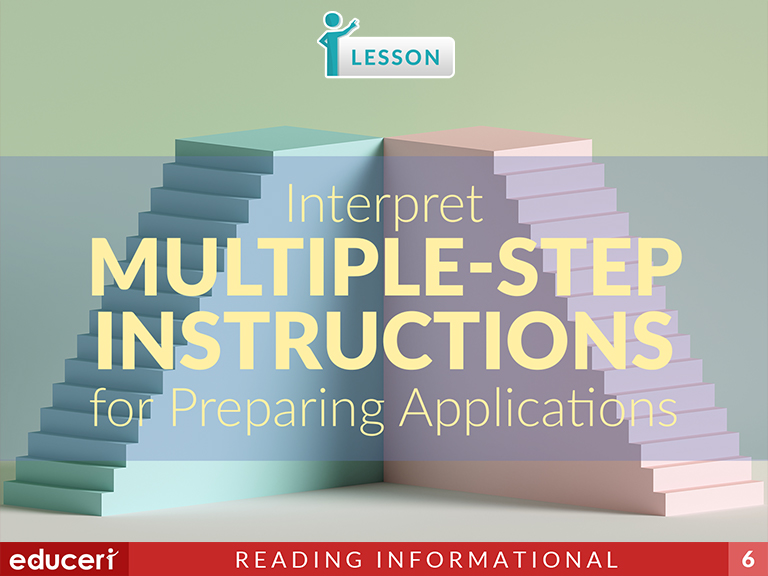
Interpret Multi-Step Instructions for Preparing Applications
This reading comprehension lesson focuses on interpreting multiple-step instructions for preparing applications. The lesson includes research-based strategies and strategic questions that prepare students for assessments. In this lesson, students read different applications and answer questions using information from the applications. In addition to the lesson, there are eight pages of Independent Practice and review with questions modeled after current adaptive testing items.
Share This Lesson
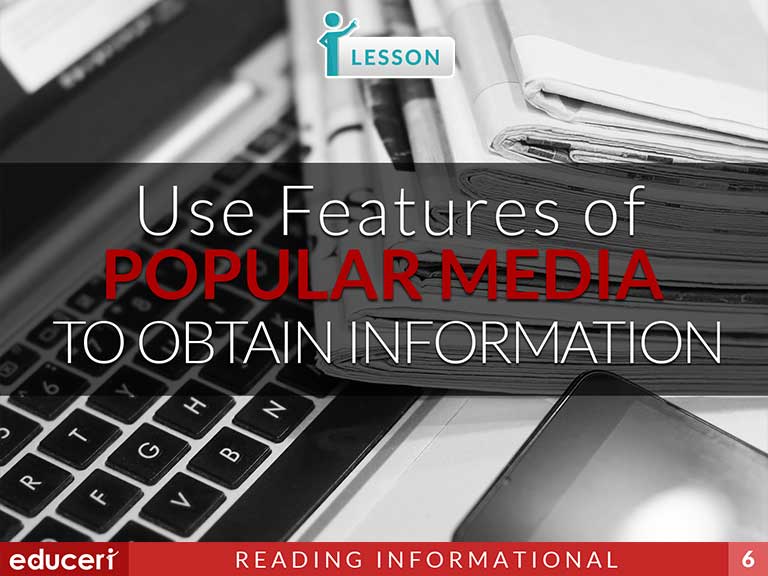
Use Features of Popular Media to Obtain Information
This reading comprehension lesson focuses on using the features of popular media to obtain information. The lesson includes research-based strategies and strategic questions that prepare students for assessments. In this lesson, students read different popular media excerpts and determine the best source: newspaper, magazine, or internet. Then, they answer questions about the content and target audience. Last, students defend their answers. In addition to the lesson, there are five pages of Independent Practice and review with questions modeled after current adaptive testing items.
Share This Lesson
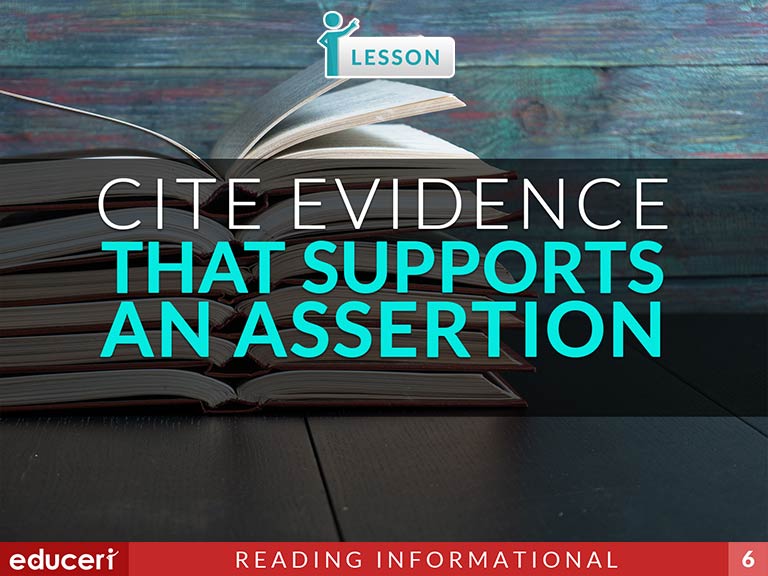
Cite Evidence that Supports an Assertion
This reading comprehension lesson focuses on citing evidence that supports an assertion in a text. The lesson includes research-based strategies and strategic questions that prepare students for assessments. In this lesson, students read a passage, looking for evidence that supports the given assertion (these are labeled "supporting evidence"). Then they fill in the table with accurate, supporting citations. In addition to the lesson, there are four pages of Independent Practice and review with questions modeled after current adaptive testing items.
Share This Lesson
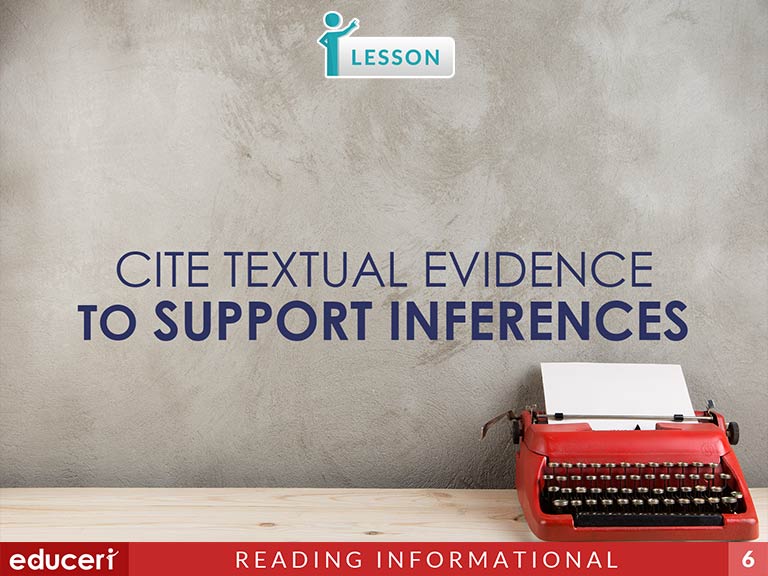
Cite Textual Evidence to Support Inferences
This Reading Informational Text lesson focuses on citing textual evidence to support inferences. In this lesson, students will read a short text and identify the textual evidence to support a given inference. Students will also justify why a sentence may or may not support the inference.
